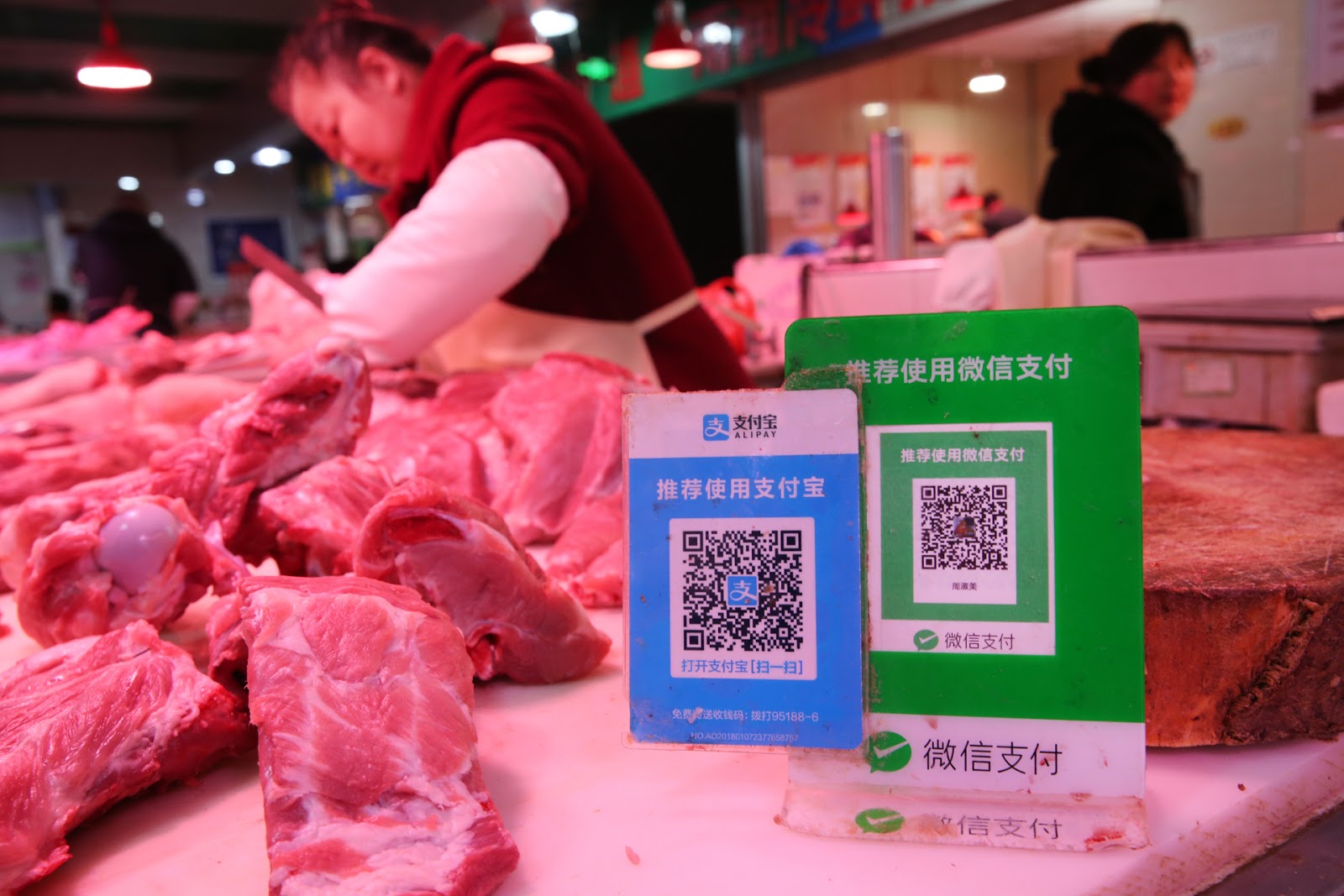China’s own Big Tech antitrust probe
Within days of U.S. Congress questioning American Big Tech companies in an antitrust probe, it looks like China may investigate its own tech giants for anticompetitive practices.

China’s central bank urged the State Council’s antitrust committee to launch an investigation into Alipay and WeChat Pay, according to Reuters.
The central bank (aka People’s Bank of China or PBoC) argues that Alibaba and Tencent, the owners of Alipay and WeChat Pay, leverage their duopoly to eliminate competition. In 2019, the pair captured over 90% of China’s digital payment market.
- Cash and card payment is nearly obsolete in China. Instead, customers use apps like AliPay and WeChat Pay. In 2019, AliPay, which is owned by the Alibaba-affiliated Ant Group, had more than 900 million users. Tencent’s WeChat Pay reported over 800 million monthly users.
- The central bank’s push arrives as American tech giants came under fire at a congressional antitrust hearing on Wednesday, and Tencent’s value surpassed Facebook’s.
This is not the first time the central bank has moved to help smaller companies enter the mobile payment market.
- Last year, it announced plans to increase the interoperability of QR code payment services. By 2021, merchants will be expected to provide one universal barcode that is compatible with any mobile payment service, rather than providing unique QR codes for each service. Currently, most merchants only provide barcodes for Alipay and Wechat Pay, excluding all other virtual payment vendors.
The antitrust committee has not publicly commented on the reports, but Reuters sources say it is taking the bank’s recommendations “very seriously.”
- An antitrust investigation could come as a huge blow to Ant Group’s planned dual listing on the Hong Kong and Shanghai stock exchanges later this year. In what could be the biggest IPO of 2020, it is currently seeking a $2 billion valuation.





